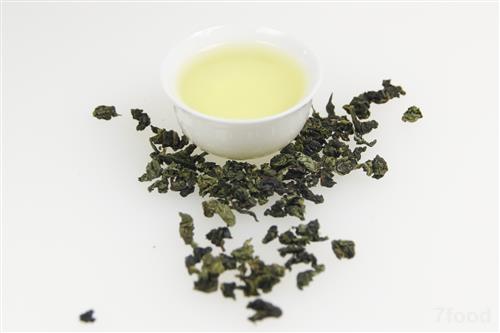Although drinking tea has certain benefits for the body, it can't be too much. It's best if it's appropriate. Tea is the same. It's a good thing, but it's not good if you drink too much in one day. What are the advantages and disadvantages of drinking green tea for you?

benefit
1. Anti-aging: The antioxidants contained in green tea help to fight aging. Because of the metabolic process of the human body, if it is over-oxidized, it will produce a large number of free radicals, and it will easily age and damage the cells. SOD (superoxide dismutation) is a radical scavenger that can effectively remove excess free radicals and prevent them from damaging the human body. The catechins in green tea can significantly increase the activity of SOD and scavenge free radicals.
2. Antibacterial: Studies have shown that green tea catechins have inhibitory effects on some bacteria that cause illness in humans, but at the same time they do not harm the reproduction of beneficial bacteria in the intestine, so green tea has the function of whole intestine.
3. Blood-fat reduction: Animal experiments conducted by scientists show that catechins in tea can reduce total cholesterol, free cholesterol, low-density lipoprotein cholesterol, and triglyceride levels in plasma, and increase high-density lipoprotein cholesterol at the same time. . Experiments on humans have shown that it inhibits platelet aggregation and reduces the incidence of arteriosclerosis. Green tea contains flavonols, which have anti-oxidative effects, prevent clotting of blood clots and platelets, and reduce cardiovascular disease.
4, slimming and reducing fat: green tea contains theophylline and caffeine, can activate protein kinase and triglyceride lipase through many actions, reduce the accumulation of fat cells, so to achieve weight loss.
5, anti-cavity, clear mouth odor: green tea contains fluoride, which catechin can inhibit the role of dermatophyte, reduce plaque and periodontitis. The tannins contained in tea have a bactericidal effect and can prevent food slag from propagating bacteria, so it can effectively prevent bad breath.
The United States Food and Drug Administration (FDA) has published the Dietary Supplement Health and Education Act (DSHEA), which provides for dietary supplements. A product (other than tobacco) intended to supplement the diet may contain one or more of the following dietary ingredients: A vitamin, a mineral, an herb (herbal) or other plant, an amino acid, a food component used to increase the total daily intake to supplement the diet, or a concentrate, metabolite, component, extract or combination of the above ingredients, etc. It also includes approved new drugs, vitamins or biologics that have been marketed as dietary supplements or food products before they are approved, issued or licensed. The DSHEA defines dietary supplements as their composition and labeling requirements: the product form may be pill, capsule, tablet or liquid; The product shall not be used as a substitute for ordinary foods or as an exclusive dietary item. The product shall be labeled as a "dietary supplement".
Dietary Supplements,Arachidonic Acid Powder,Kava Root Powder,Kava Root Extract Powder
Xi'an Double H Health Technology Co., Ltd , https://www.xadoubleh.com